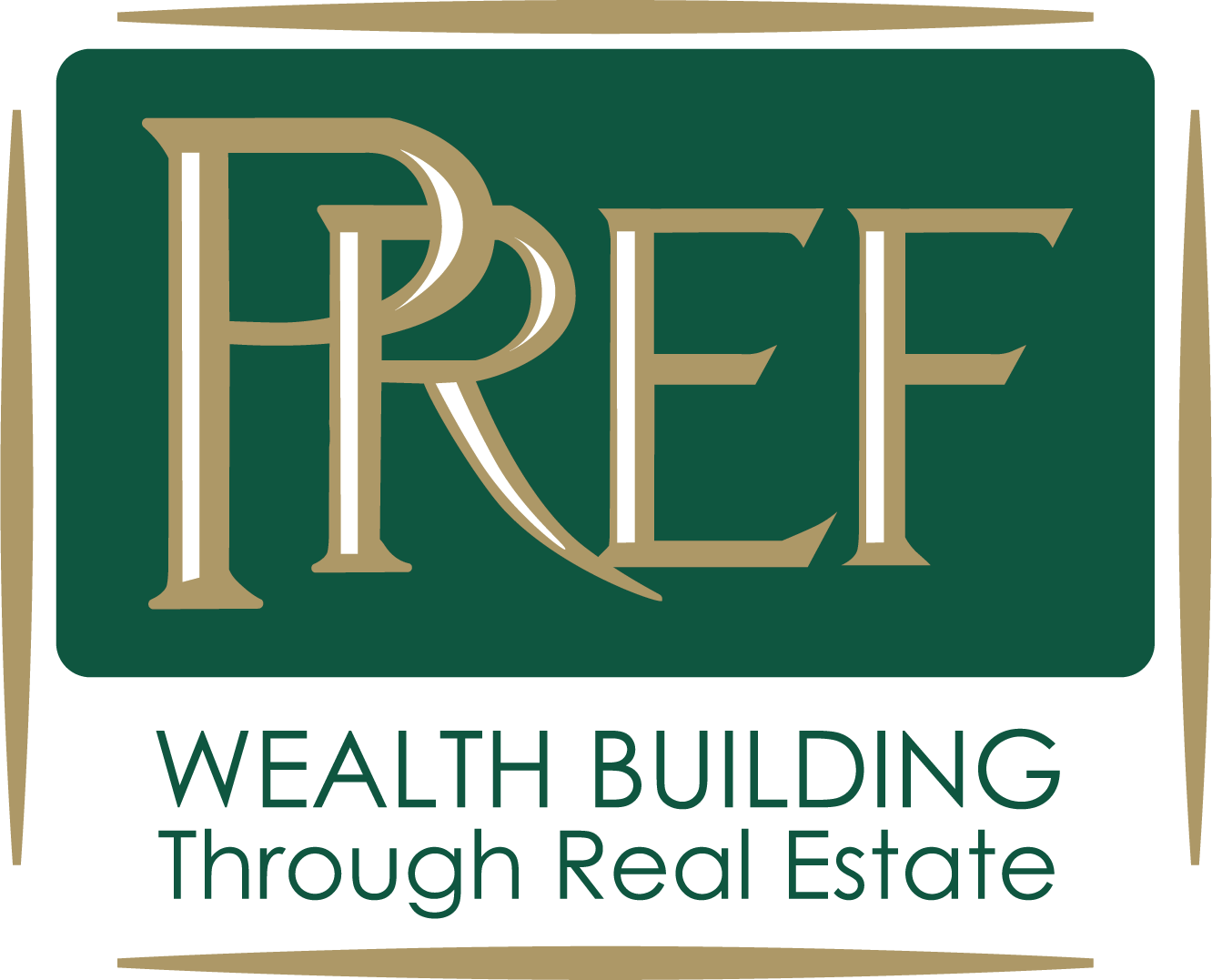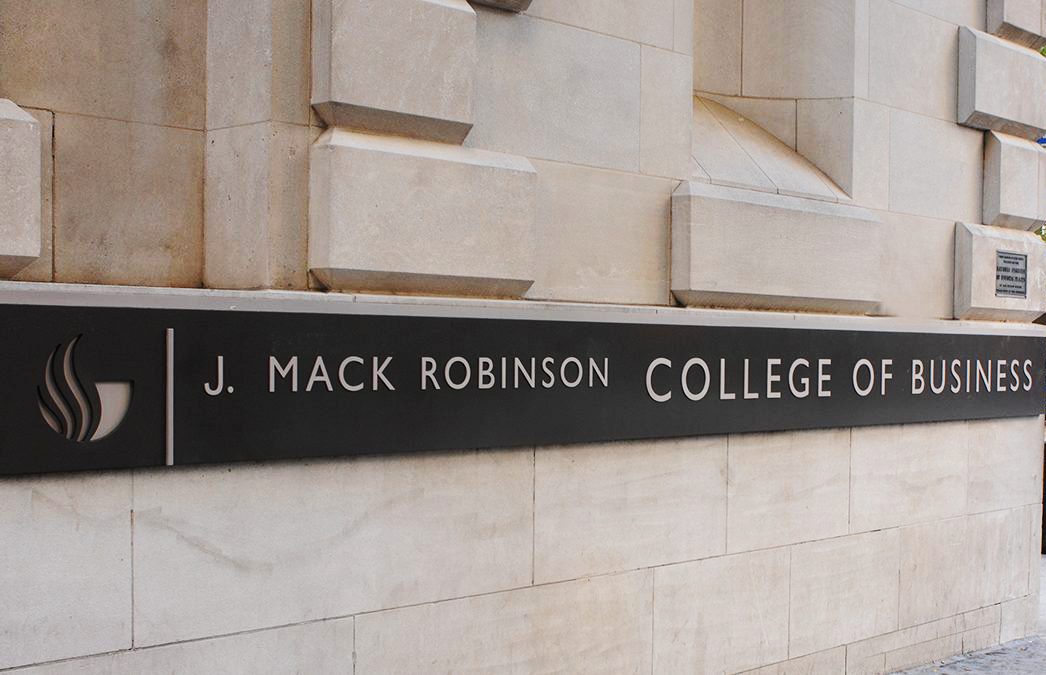CRE Entrepreneurship at Georgia State: Get Ready
I’ve participated in the Georgia State’s Robinson College of Business Mentoring Program for many years and have always taken time to offer career advice to students and young adults interested in commercial real estate. Mentoring is an important way to develop talented professionals for my industry and give back to the community.
But one thing I have not done, but always wanted to do, is step inside the classroom. That is about to change. This fall I teach CRE Entrepreneurship at Georgia State. The course is an extension of how I mentor—this should be interesting for both me and the students.
Georgia State’s Real Estate Program
Georgia State offers a Master of Science in Commercial Real Estate. Taught by industry executives using experiential learning techniques, the program can be completed in three semesters, with students attending two evening classes per week.
Program students are typically in their 20s to 30s and already have some work experience; often they are in the program to boost existing CRE careers or shift their professional directions.
At GA State, students gain a practical versus textbook education since they are taught by professionals. I teach amid other respected industry experts, including CBRE SVP Jonathan Rice and Truist SVP + CRE Banker Lynn McKee.
Hybrid Teaching Due to COVID-19
GA State has made modifications to ensure students’ safety when returning to campus classes. Honestly, managing the technology required for modification may be more challenging than teaching the class, but we will power through.
This fall, the class will have 30-40 students. With 25% capacity allowed in the classroom, no more than 15 students will be present, and reservations must be made for the in-person seats. The remaining students use Webex to watch the class live or on replay. Attendance will be recorded for in-person and virtual students.
One of Georgia State’s goals is to expand its national and global reach, and these virtual learning tools enable their pursuit. We shall see how a relatively low-tech guy like me handles this.
How My CRE Entrepreneurship is Different
Data, data, data. Most graduate level business school programs are very data-driven and focused on quantitative research, analysis and metrics. It’s what corporate America wants, but that is NOT what real estate entrepreneurship is about.
My focus is on planning, decision making and processes. Of course, numbers and data are important. No argument there, but if real estate entrepreneurs do not start on the right foot, know where they are going, and have a plan to get there, they are less likely to succeed.
It is All About the Questions
Starting on day one, this class investigates some basic questions:
- What do you think an entrepreneur is?
- What does it take to be an entrepreneur?
- Think about successful people. Who are they? How do they respond to situations?
- Do you want to be a _____________? (Fill in developer, broker, lender, etc.)
- What do you think they do?
- What are their sources of money?
- What are their personalities? Are they risk tolerant?
There are successful entrepreneurs that “wing it,” but the most successful ones have vision or passion that drives them.
Qualities of an Entrepreneur
Perhaps, this class will enable students to discover if they have what it takes to be entrepreneurs. I’ll ask them to look in the mirror: Do you have passion and drive? Do you want to be a value-add person or just an employee? Can you overcome the inevitable adversity?
Eager to Get Started
Like I said earlier, this class will be different. My students will be putting the pieces of a puzzle together throughout the course, only to see the completed picture at the semester’s end.
I am eager to work with students to think about the Who? What? and and Why? of CRE entrepreneurship.



